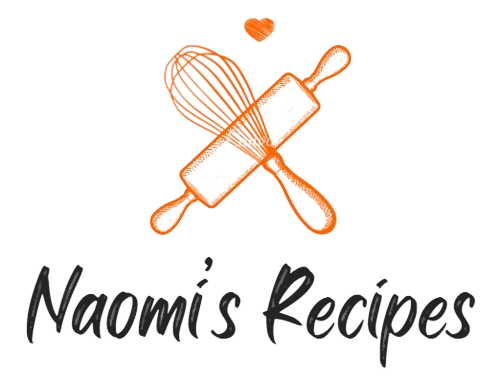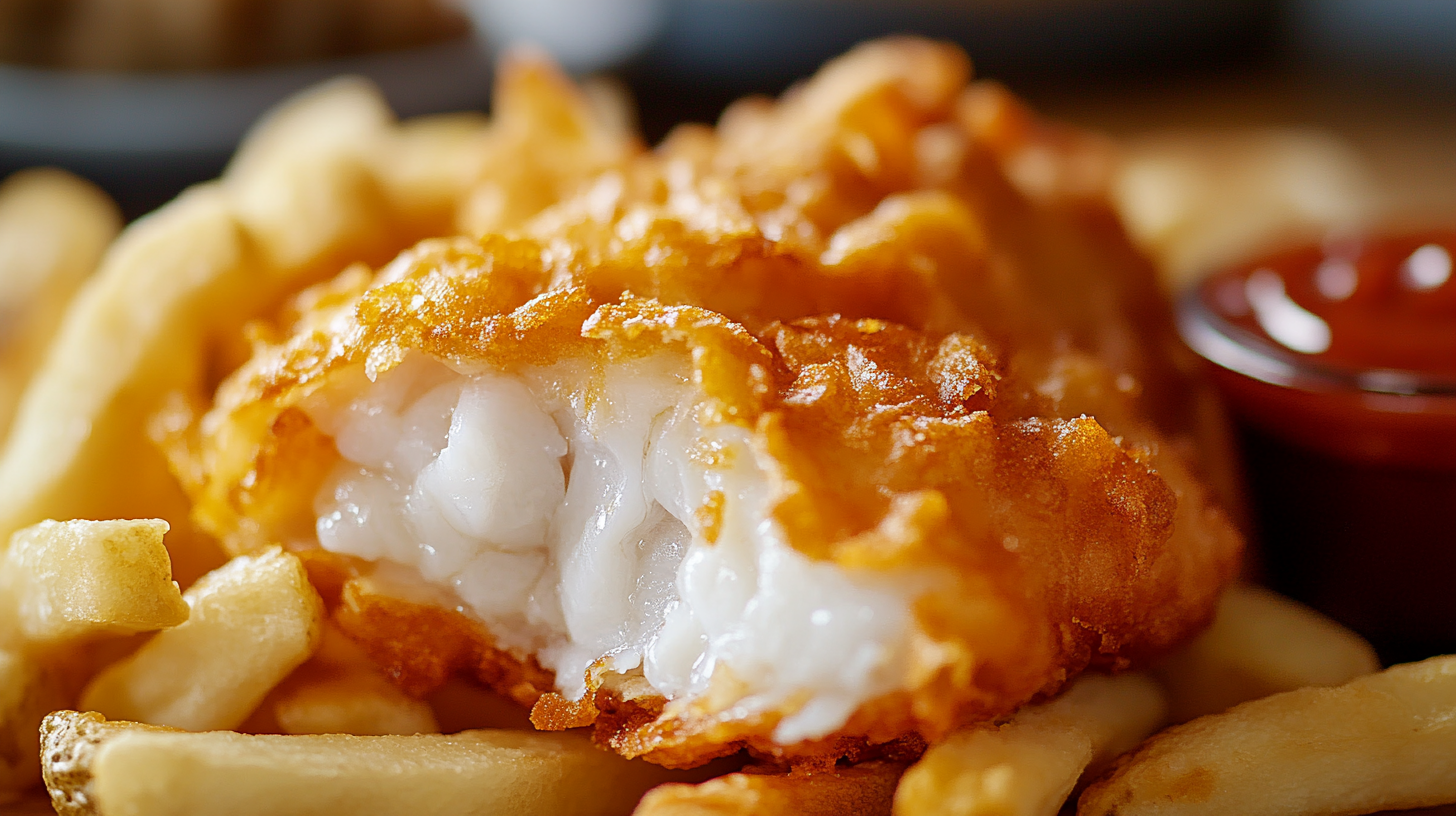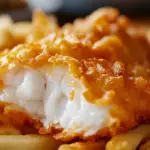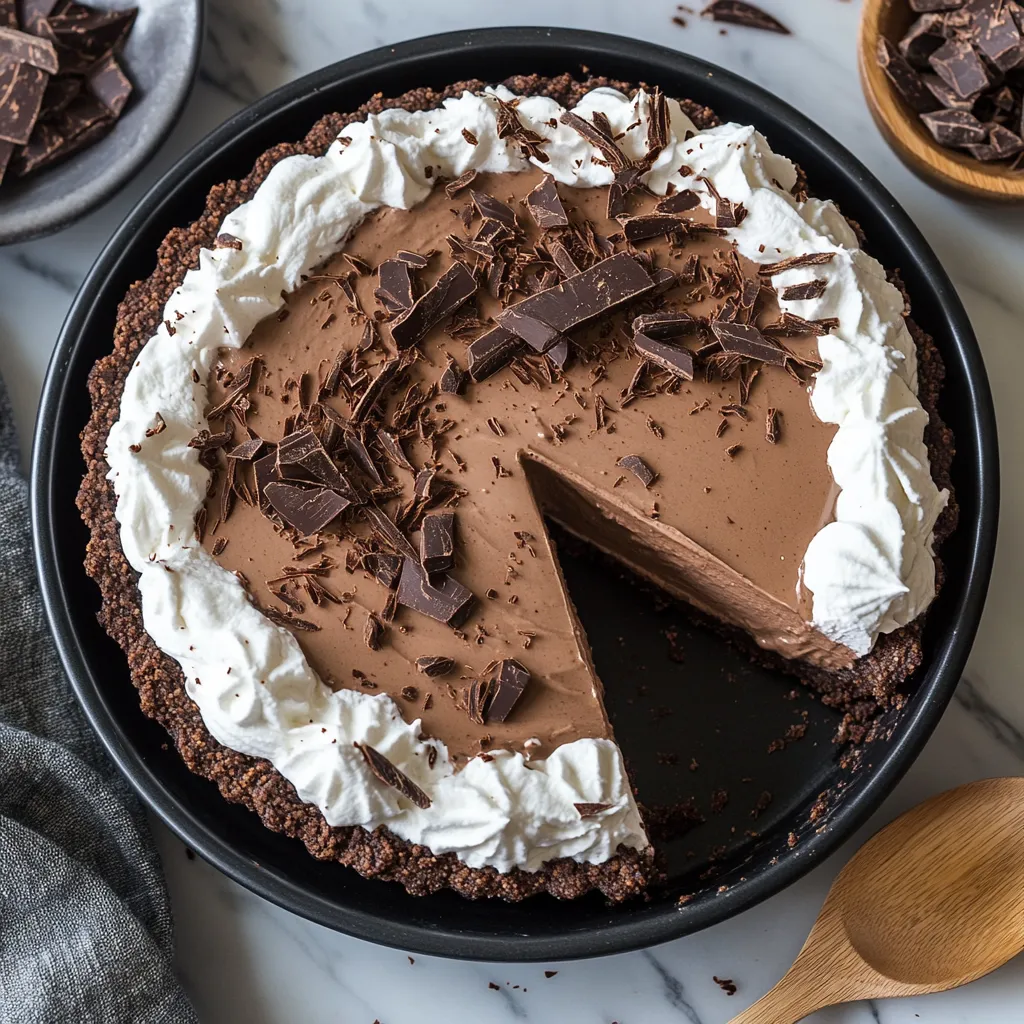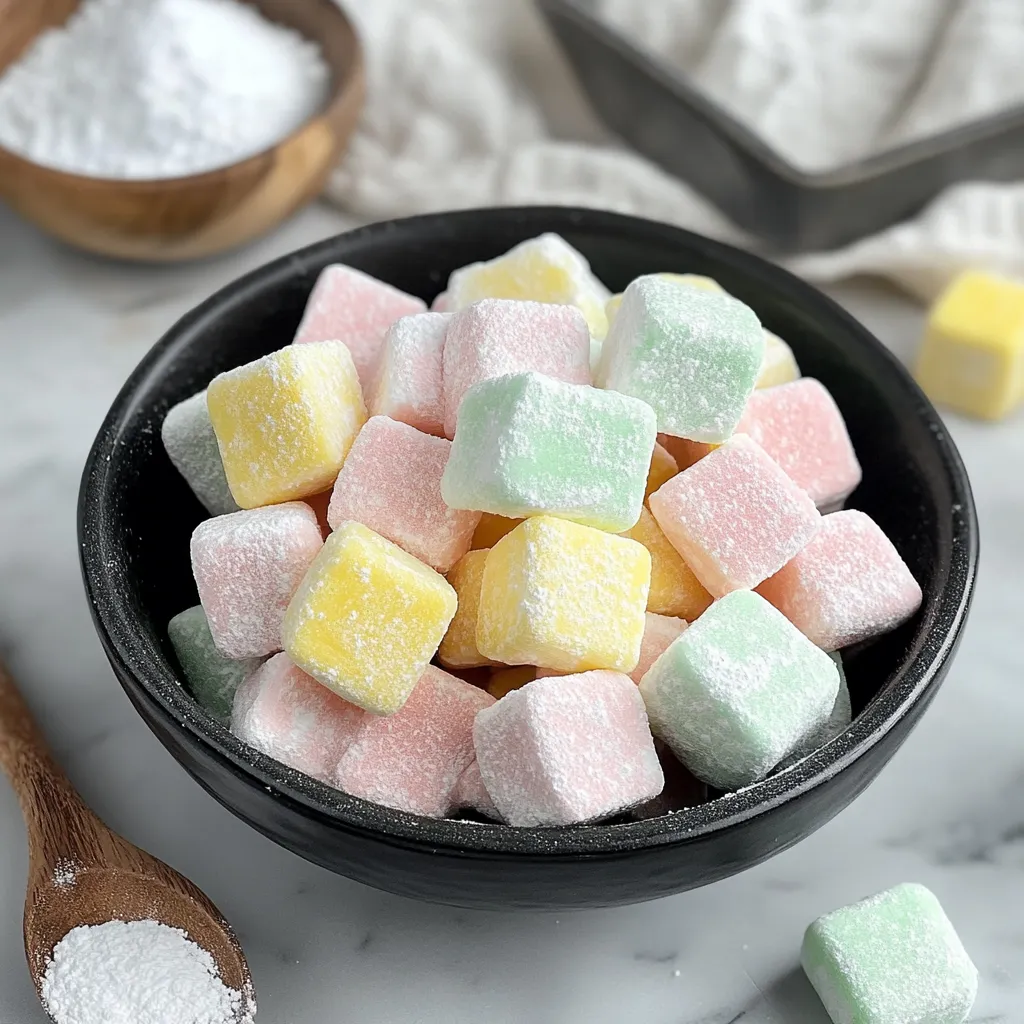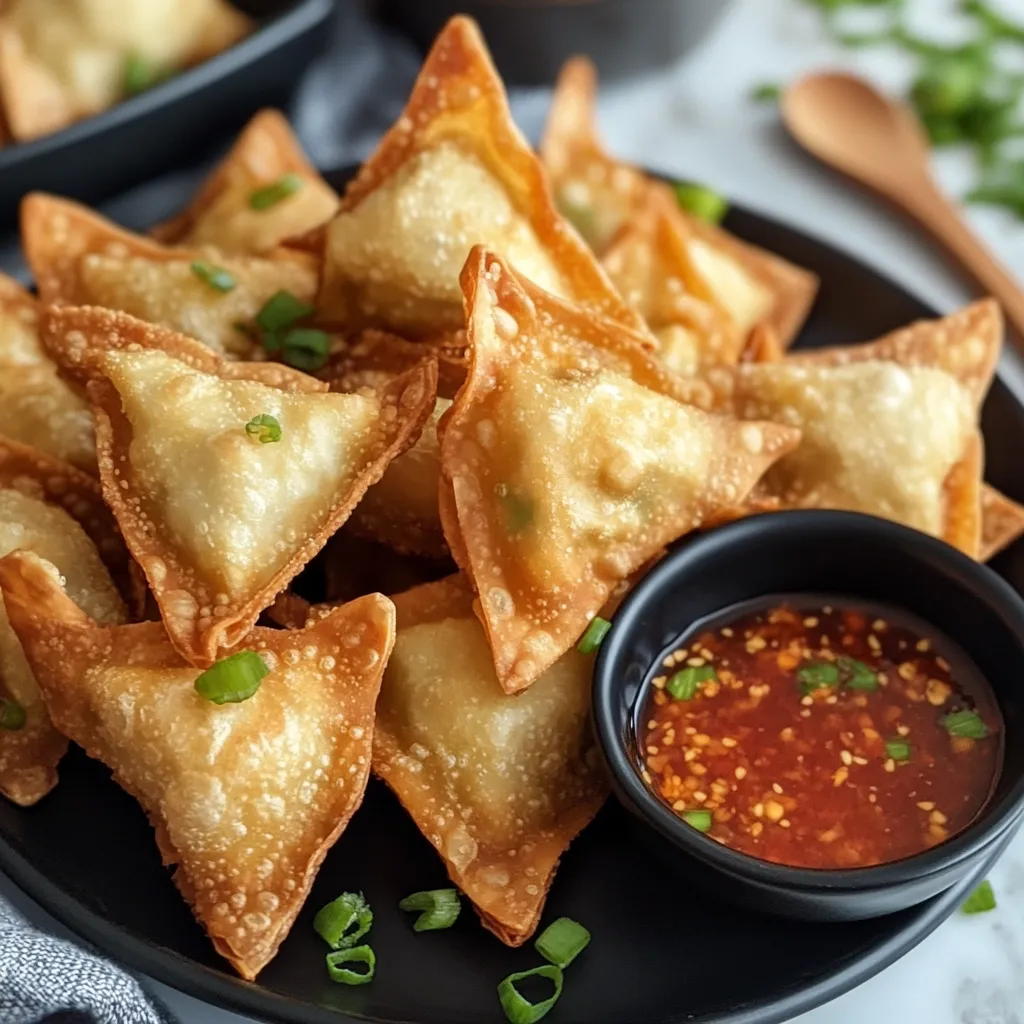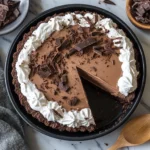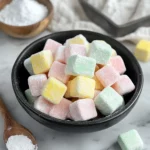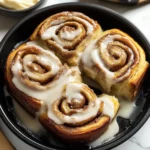Long John Silver’s iconic batter is a hallmark of the fast-food chain’s famous seafood dishes, particularly its golden, crispy fish and shrimp. The secret to the restaurant’s success lies in this perfectly crafted batter, which delivers a light yet crunchy texture with every bite. This batter transforms ordinary seafood into a mouthwatering experience, creating an irresistible combination of crunch and tenderness.
The key to achieving these results is getting the batter right. A well-balanced mixture of flour, cornstarch, and baking powder provides the structure, while cold water and a touch of sugar enhance the flavor and consistency. This meticulous blend of ingredients ensures that the seafood is encased in a golden, crispy coating without becoming greasy or heavy.
This batter has gained widespread popularity, not only for fish but also for other fried foods like shrimp and chicken, allowing home cooks to recreate restaurant-quality fried dishes. With this simple yet effective recipe, you can elevate a variety of proteins, making them irresistibly crunchy on the outside while keeping the inside moist and flavorful.
History of Long John Silver’s and Fried Food
Long John Silver’s was established in 1969, and it quickly became synonymous with fried seafood, especially fish and shrimp. Named after the infamous pirate from Robert Louis Stevenson’s Treasure Island, the restaurant aimed to deliver the taste of the sea in a fast-food format. Over the decades, it has grown into one of the most recognized names in the American fast-food industry, largely due to its signature fried offerings.
The rise of fried food in American fast-food culture began in the early 20th century, with batter-coated items like fried chicken and fish becoming staple items in many restaurants. The introduction of frying as a fast-cooking method revolutionized the way seafood was prepared and enjoyed. The development of light, crispy batter recipes, such as Long John Silver’s, allowed people to enjoy seafood in a more accessible, handheld form.
Batter recipes have evolved over time, influenced by various cuisines and cooking techniques, but Long John Silver’s recipe remains iconic. The evolution of seafood frying techniques has made it easier for home cooks to replicate restaurant-quality dishes, ensuring that fried seafood remains a popular choice for diners.
The Role of Each Ingredient in Long John Silver’s Batter
Each ingredient in Long John Silver’s batter plays a critical role in achieving the perfect texture and flavor. Let’s break down how each component contributes to the overall success of the batter.
- All-purpose flour (1 1/2 cups): Flour forms the base of the batter, providing structure and body. It creates a firm coating around the food, holding the other ingredients together. The type of flour used is important; all-purpose flour strikes the perfect balance between lightness and strength, ensuring that the batter adheres to the food without being too heavy.
- Cornstarch (1/2 cup): Cornstarch is the secret to the crispiness of the batter. It has a finer texture than flour, which helps to create a lighter, airier crust. When fried, cornstarch absorbs less oil than flour, contributing to a less greasy finish and a crispier result. Its inclusion is crucial for that signature crunch people associate with Long John Silver’s.
- Baking powder (1 1/4 teaspoons): Baking powder acts as a leavening agent, helping the batter puff up and become light when fried. It creates small air pockets within the batter, which result in a fluffy texture that contrasts beautifully with the crisp exterior. Without baking powder, the batter would be dense and flat.
- Salt (1 teaspoon): Salt enhances the flavor of the batter, ensuring it’s not bland. It works to balance the other ingredients and brings out the natural flavors of the seafood or chicken. While it’s a small amount, it’s vital for making the batter taste well-seasoned and flavorful.
- Sugar (1/2 teaspoon): Sugar adds a subtle sweetness that helps balance the savory elements of the batter. It also contributes to the golden color of the batter when fried, as sugar caramelizes during the cooking process, creating a visually appealing crust.
- Paprika (1/4 teaspoon, optional): Paprika is an optional ingredient that can add a mild spice and a deeper color to the batter. While it doesn’t affect the texture, it can enhance the flavor, giving the batter a slight smoky note and a more vibrant appearance.
- Cold water (1 1/2 cups): The final, and perhaps most important, ingredient is cold water. It ensures that the batter has a smooth, lump-free consistency, making it easier to coat the seafood or chicken evenly. Cold water also helps to create a lighter texture in the batter by slowing down the gluten formation in the flour, which keeps the batter from becoming too tough or chewy.
Why Cold Water? The Science Behind the Batter
Cold water plays a crucial role in the success of Long John Silver’s batter. The temperature of the water directly affects the texture and adhesion of the batter to the food, making it an essential factor in achieving that perfect golden crust.
First, cold water helps to prevent the batter from becoming too thick or developing lumps. When water is too warm, it can cause the flour and cornstarch to clump together, leading to an uneven texture. Cold water ensures that the batter remains smooth and consistent, making it easier to coat the food evenly and create a uniform crust.
Secondly, the cold temperature of the water slows down the development of gluten in the flour. Gluten forms when water hydrates the proteins in flour, and too much gluten can make the batter tough and chewy. By using cold water, you slow down this process, keeping the batter light and preventing it from becoming dense. This is key to achieving the crisp and airy texture that defines Long John Silver’s fried dishes.
Lastly, cold water reduces the absorption of oil during frying. When the batter is cold, it forms a barrier more quickly when it hits the hot oil, preventing the oil from seeping into the food. This results in a lighter, less greasy finished product, which is essential for maintaining the balance of flavors and textures in the dish.
Step-by-Step Guide to Making Long John Silver’s Batter
1. Mixing the Dry Ingredients
Start by gathering all your dry ingredients: 1 ½ cups of all-purpose flour, ½ cup of cornstarch, 1 ¼ teaspoons of baking powder, 1 teaspoon of salt, ½ teaspoon of sugar, and ¼ teaspoon of paprika (optional). In a large mixing bowl, whisk these ingredients together thoroughly. The goal here is to ensure that the baking powder, salt, and sugar are evenly distributed throughout the flour and cornstarch, which will help achieve a consistent texture and flavor in the final batter.
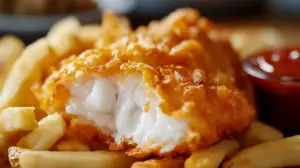
2. Adding Cold Water Gradually
Slowly begin adding 1 ½ cups of cold water to the dry ingredients. Pour the water in small amounts while continuously whisking to avoid lumps. If you add the water all at once, lumps can form, making it difficult to achieve a smooth batter. Whisk until the batter is fully combined and has a smooth texture. The cold water is essential for creating a lighter, more even coating, which ensures the batter crisps up beautifully when fried.
3. The Right Consistency
Your batter should have a thick but pourable consistency, similar to pancake batter. If it’s too thick, add a bit more water; if it’s too runny, sprinkle in a little extra flour. The batter should coat the back of a spoon without dripping off too quickly. This texture ensures that the batter will stick to the seafood or chicken, creating an even, golden crust during frying.
Frying Techniques for Perfect Results
1. Heating the Oil
For frying, heat a deep fryer or a large, deep pot filled with oil to 350°F (175°C). Maintaining this temperature is crucial for a crispy, non-greasy finish. If the oil is too hot, the batter will brown too quickly, leaving the inside undercooked. If the oil is too cold, the batter will absorb too much oil, resulting in a soggy, greasy crust. Use a thermometer to monitor the temperature, as it can fluctuate during cooking.
2. Coating the Fish, Shrimp, or Chicken
Once your batter is ready and your oil has reached the correct temperature, it’s time to coat your choice of protein. Dip each piece of fish, shrimp, or chicken into the batter, ensuring it is fully submerged and evenly coated. Lift it out, allowing any excess batter to drip back into the bowl, to avoid a clumpy, uneven coating.
3. Frying Times
Carefully lower the battered food into the hot oil. Fry fish for 3-5 minutes, shrimp for 2-4 minutes, and chicken tenders for about 5-7 minutes. The exact cooking time will depend on the thickness of the pieces, but the food should be golden brown and crispy all over. Avoid overcrowding the pot, as this can lower the oil temperature and cause uneven frying.
4. Draining and Serving
Once the food is golden and crisp, use a slotted spoon or tongs to remove it from the oil. Place the fried pieces on a plate lined with paper towels to absorb any excess oil. Let them rest for a minute or two before serving to allow the crust to fully set, ensuring a crisp bite. Serve immediately for the best texture and flavor.
Common Mistakes and How to Avoid Them
1. Overmixing the Batter
Overmixing the batter can lead to the development of too much gluten, which will result in a tough, dense crust rather than a light, crispy one. Mix the ingredients just enough to combine them. A few small lumps in the batter are fine and will work themselves out during frying.
2. Using Warm Water
Using warm or room-temperature water will activate the gluten in the flour, making the batter thicker and denser. Cold water slows this process, resulting in a light, airy texture that absorbs less oil. Always ensure your water is cold before mixing the batter.
3. Frying at the Wrong Temperature
Frying at the wrong oil temperature is one of the most common mistakes. If the oil is too hot, the food will burn on the outside before it cooks through. If it’s too cool, the batter will absorb too much oil and become soggy. Use a thermometer to ensure consistent results.
Variations of Long John Silver’s Batter Recipe
1. Adding Spices
To give your batter a unique flavor, consider adding extra spices. Cayenne pepper will add heat, while garlic powder and onion powder can boost the savory notes. Smoked paprika or chili powder can give the batter a richer, deeper flavor, perfect for those who want a little extra kick.
2. Using Beer or Soda Water
For an even lighter, crispier batter, try substituting some of the cold water with beer or soda water. The carbonation in these liquids creates more bubbles in the batter, resulting in a fluffier texture. Beer will also add a subtle malty flavor, while soda water will keep the batter light and neutral.
3. Gluten-Free Options
If you need a gluten-free version of the batter, you can replace the all-purpose flour with a gluten-free flour blend or rice flour. Rice flour, in particular, will give the batter a wonderfully crispy finish, similar to tempura-style frying. Just ensure all other ingredients are gluten-free as well.
Serving Suggestions and Dipping Sauces
Long John Silver’s batter is delicious on its own, but pairing it with the right dipping sauce can elevate your meal even further. Classic options include tartar sauce, with its creamy, tangy flavor that complements fried fish, and cocktail sauce, which adds a bit of heat and acidity. A splash of malt vinegar is a traditional choice for fish and chips, adding brightness to the rich batter.
For something different, try honey mustard, which adds sweetness and tang, or spicy mayonnaise, which brings a kick of heat. Ranch dressing is another popular choice, especially with chicken, providing a cool contrast to the crispy, fried coating. Whatever your preference, these dipping sauces offer a perfect complement to the crispy, golden goodness of Long John Silver’s batter.
